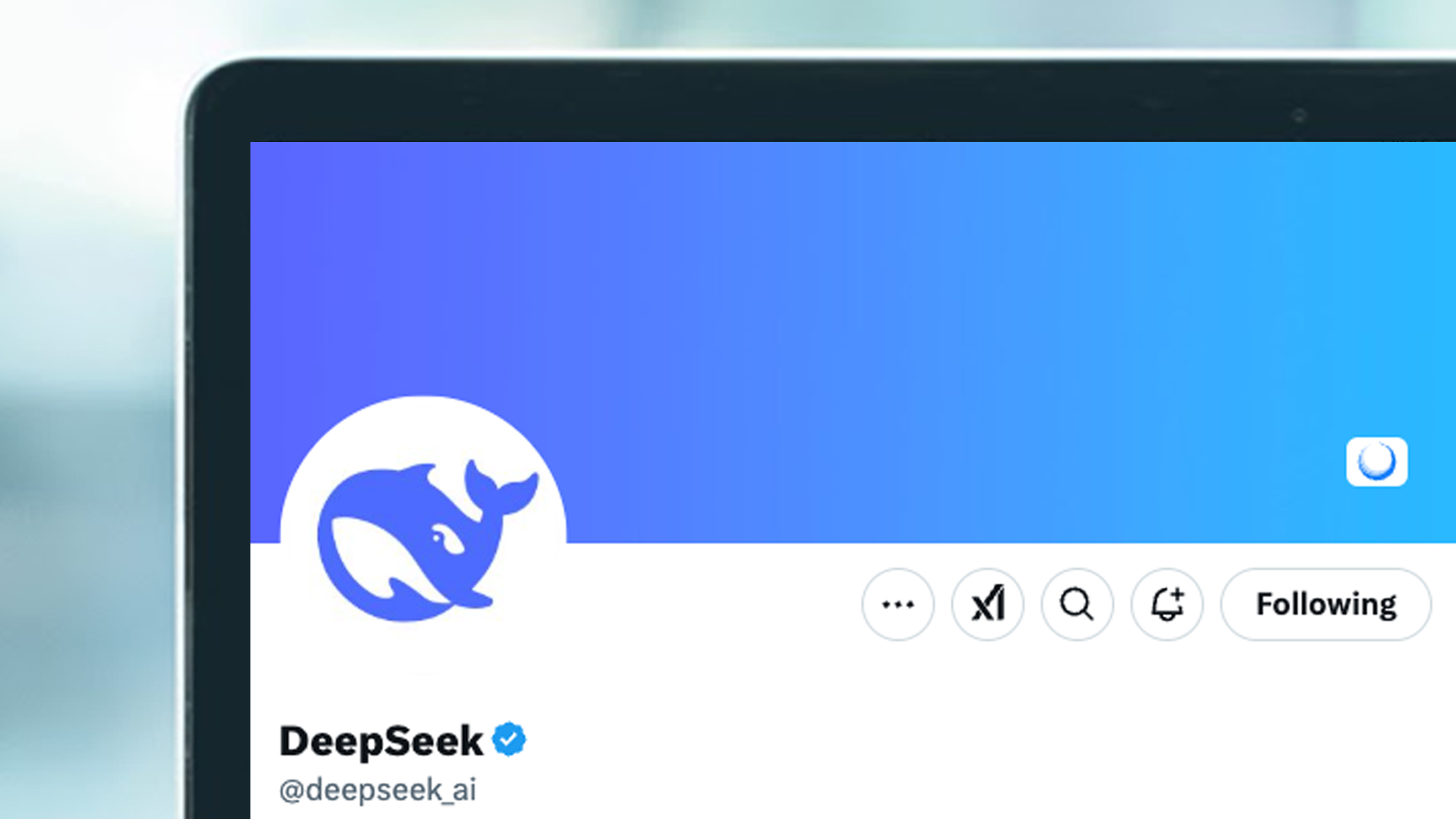Richard Whittle receives financing from the ESRC, Research England and was the recipient of a CAPE Fellowship.
Stuart Mills does not work for, seek advice from, own shares in or receive financing from any company or organisation that would gain from this post, and has actually disclosed no pertinent associations beyond their scholastic consultation.
Partners
University of Salford and University of Leeds provide financing as establishing partners of The Conversation UK.
View all partners
Before January 27 2025, suvenir51.ru it's fair to say that Chinese tech company DeepSeek was flying under the radar. And after that it came significantly into view.
Suddenly, visualchemy.gallery everybody was talking about it - not least the shareholders and executives at US tech firms like Nvidia, Microsoft and Google, which all saw their company values topple thanks to the success of this AI startup research lab.

Founded by a successful Chinese hedge fund manager, the lab has actually taken a various method to expert system. One of the significant differences is expense.
The advancement costs for Open AI's ChatGPT-4 were said to be in excess of US$ 100 million (₤ 81 million). DeepSeek's R1 model - which is used to create content, solve logic issues and develop computer code - was supposedly made using much less, less effective computer chips than the similarity GPT-4, kenpoguy.com resulting in expenses claimed (however unproven) to be as low as US$ 6 million.
This has both monetary and geopolitical impacts. China goes through US sanctions on importing the most sophisticated computer system chips. But the truth that a Chinese start-up has had the ability to construct such a sophisticated design raises concerns about the efficiency of these sanctions, and whether Chinese innovators can work around them.
The timing of DeepSeek's new release on January 20, as Donald Trump was being sworn in as president, suvenir51.ru indicated an obstacle to US supremacy in AI. Trump reacted by describing the minute as a "wake-up call".
From a financial viewpoint, the most visible result may be on customers. Unlike competitors such as OpenAI, which recently started charging US$ 200 monthly for access to their premium designs, DeepSeek's comparable tools are currently complimentary. They are likewise "open source", permitting anybody to poke around in the code and reconfigure things as they want.
Low costs of development and effective use of hardware appear to have actually managed DeepSeek this cost advantage, and have actually already required some Chinese rivals to reduce their rates. Consumers should prepare for lower costs from other AI services too.
Artificial financial investment
Longer term - which, in the AI industry, can still be remarkably soon - the success of DeepSeek could have a big effect on AI investment.
This is due to the fact that so far, practically all of the big AI business - OpenAI, Meta, Google - have actually been struggling to commercialise their designs and pay.
Until now, this was not necessarily a problem. Companies like Twitter and Uber went years without making revenues, prioritising a commanding market share (lots of users) instead.
And companies like OpenAI have been doing the very same. In exchange for continuous financial investment from hedge funds and other organisations, they assure to construct much more effective models.
These designs, business pitch most likely goes, will enormously improve productivity and then success for services, which will wind up happy to spend for AI products. In the mean time, all the tech companies require to do is gather more data, buy more powerful chips (and more of them), and develop their models for longer.
But this costs a great deal of money.

Nvidia's Blackwell chip - the world's most powerful AI chip to date - expenses around US$ 40,000 per unit, and AI business typically need 10s of thousands of them. But up to now, AI companies have not actually struggled to draw in the essential financial investment, even if the amounts are substantial.
DeepSeek might change all this.
By showing that developments with existing (and perhaps less advanced) hardware can accomplish comparable performance, it has actually provided a warning that tossing cash at AI is not guaranteed to settle.
For example, higgledy-piggledy.xyz prior to January 20, it might have been presumed that the most innovative AI designs need huge information centres and other facilities. This indicated the likes of Google, Microsoft and OpenAI would face restricted competition because of the high barriers (the huge cost) to enter this industry.

Money worries
But if those barriers to entry are much lower than everyone believes - as DeepSeek's success recommends - then many huge AI financial investments unexpectedly look a lot riskier. Hence the abrupt result on huge tech share prices.
Shares in chipmaker Nvidia fell by around 17% and ASML, which creates the machines needed to manufacture advanced chips, likewise saw its share cost fall. (While there has been a minor bounceback in Nvidia's stock cost, it appears to have actually settled listed below its previous highs, reflecting a brand-new market reality.)

Nvidia and ASML are "pick-and-shovel" business that make the tools needed to produce an item, instead of the item itself. (The term originates from the idea that in a goldrush, the only person guaranteed to make cash is the one offering the choices and shovels.)
The "shovels" they sell are chips and chip-making devices. The fall in their share costs came from the sense that if DeepSeek's more affordable method works, the billions of dollars of future sales that financiers have priced into these business may not materialise.

For the similarity Microsoft, Google and Meta (OpenAI is not openly traded), the expense of structure advanced AI may now have fallen, implying these companies will need to invest less to stay competitive. That, for them, might be a good idea.
But there is now question regarding whether these business can effectively monetise their AI programs.
US stocks make up a traditionally big percentage of international financial investment today, and innovation business comprise a historically big portion of the worth of the US stock market. Losses in this industry may force financiers to sell off other investments to cover their losses in tech, leading to a whole-market slump.
And it should not have come as a surprise. In 2023, a dripped Google memo cautioned that the AI industry was exposed to outsider disturbance. The memo argued that AI business "had no moat" - no security - against rival models. DeepSeek's success might be the proof that this holds true.






